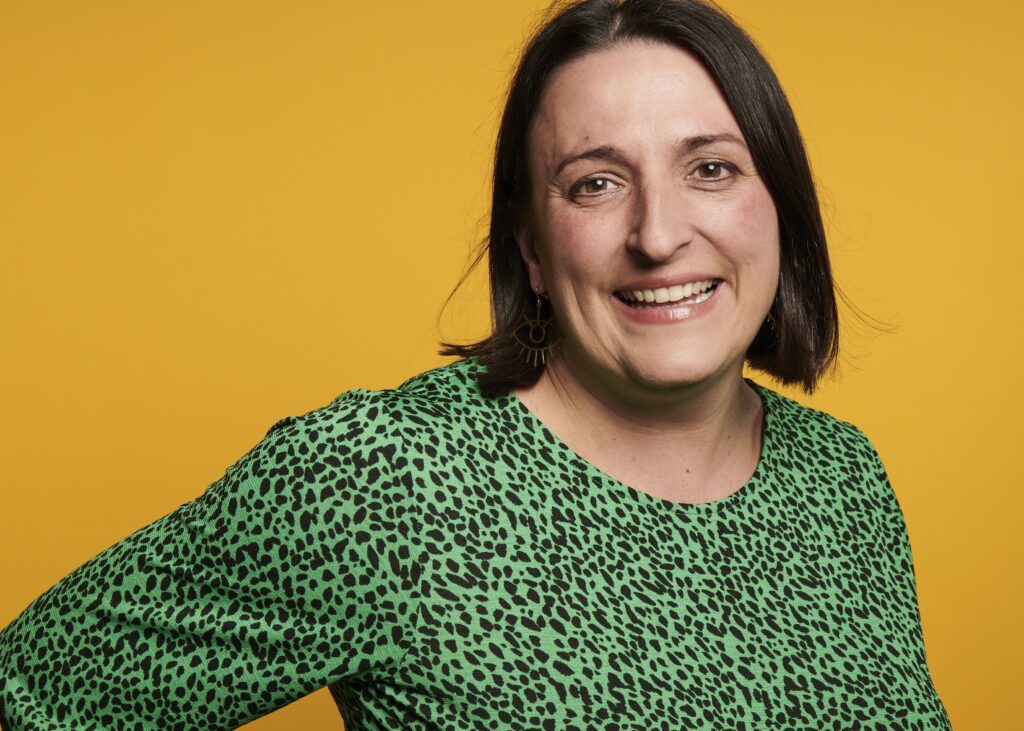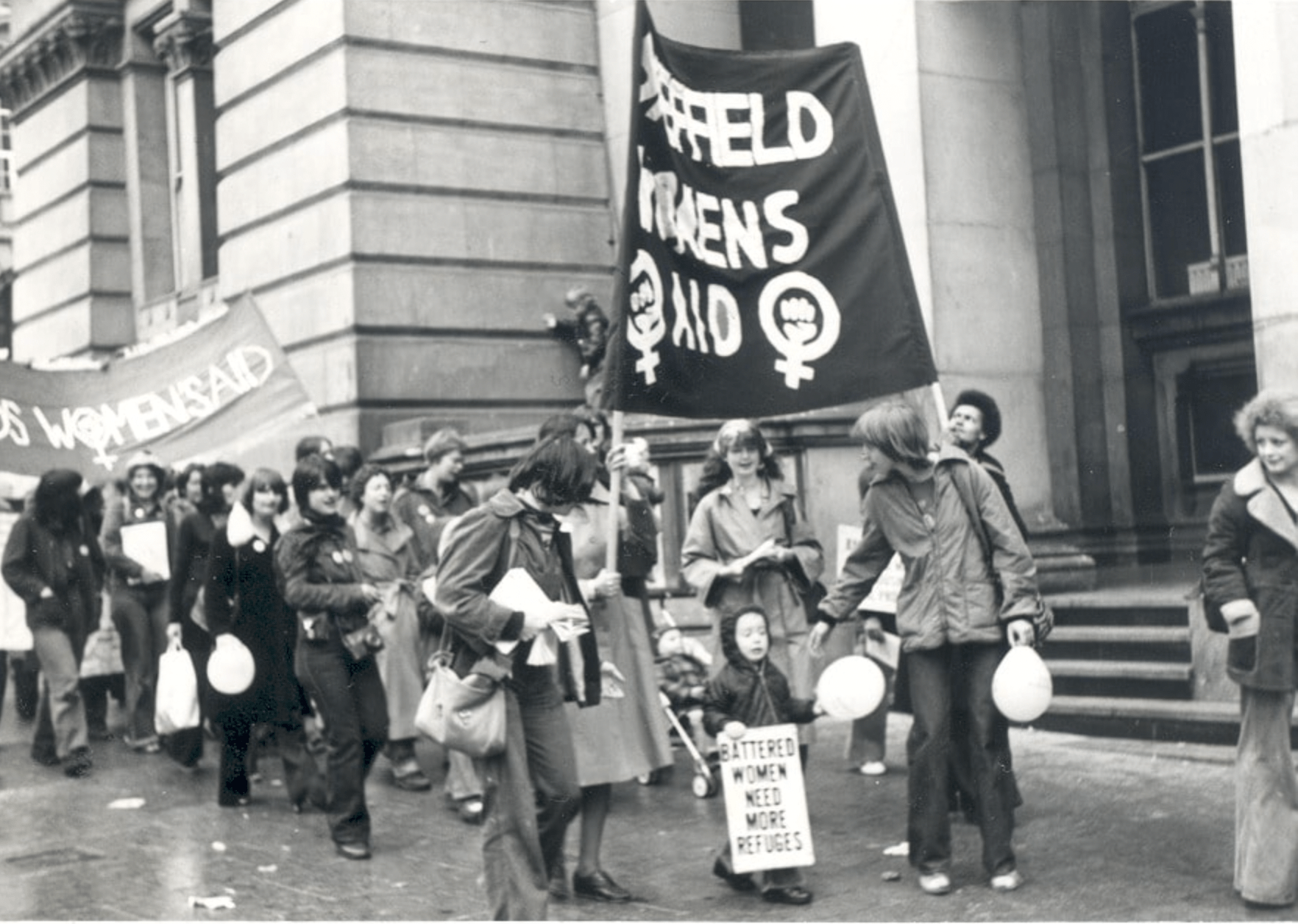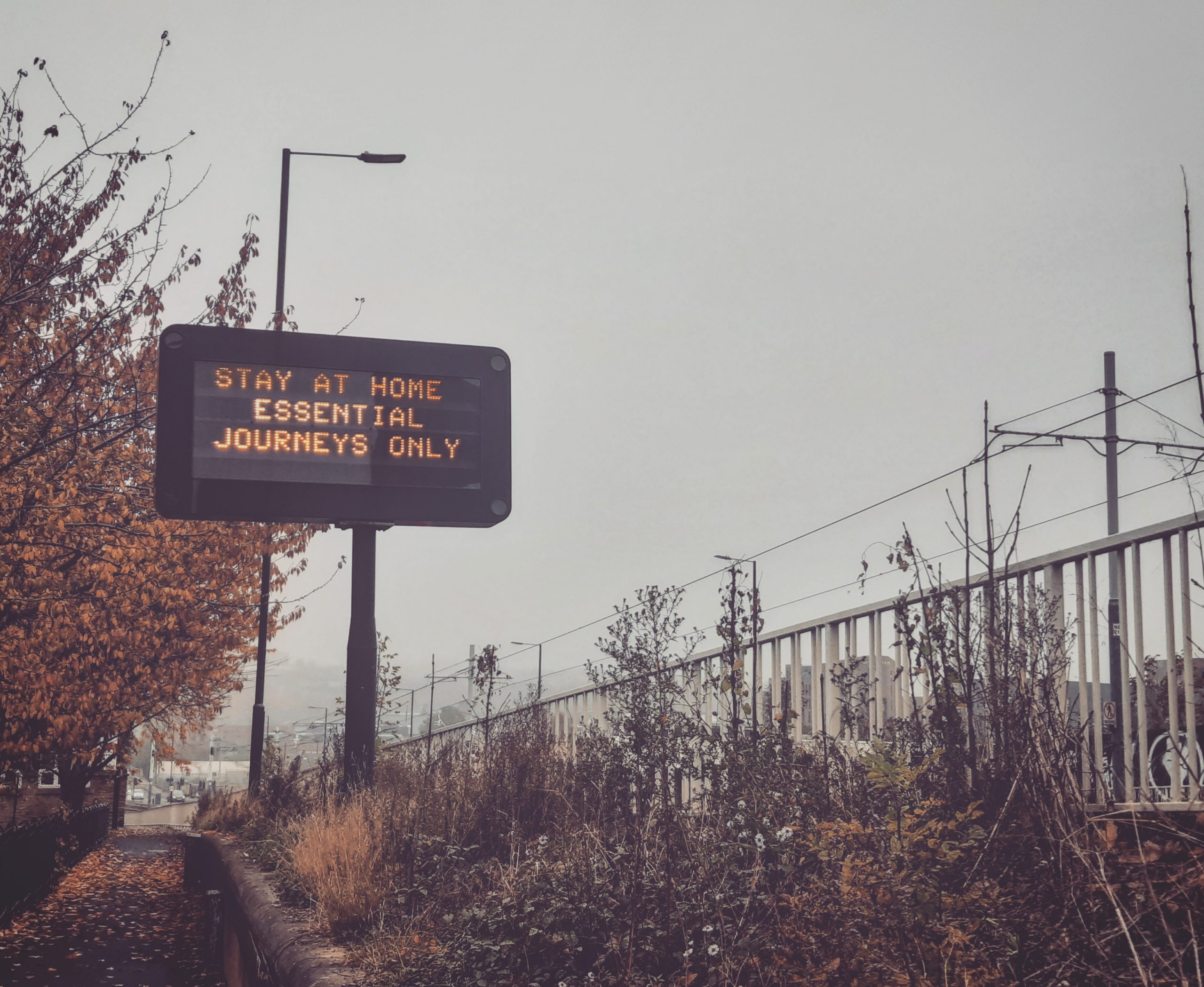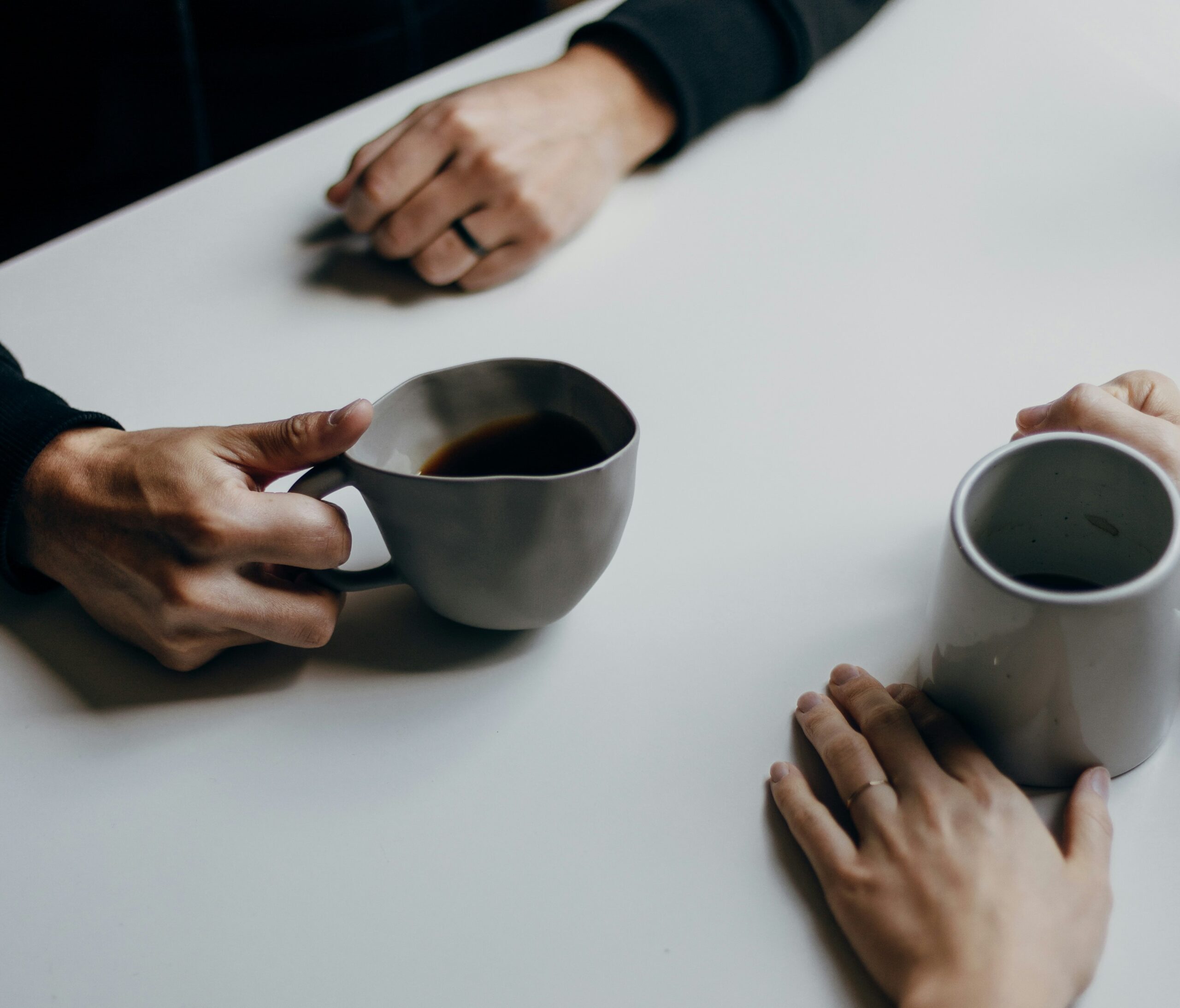This year marks 50 years since Women’s Aid was founded but 2.4 million people in the UK still experience domestic abuse every year.
The latest data from the National Centre for Domestic Abuse revealed three women take their own lives every week and a further 30 women attempt suicide every day as a direct result of what they have endued.
As part of Women’s Aid’s golden anniversary the charity has launched their Come Together to End Domestic Abuse campaign which aims to dispel myths, challenge sexism and misogyny, as well as encourage those impacted to seek support and encourage those who witness abuse to speak out.
The history of the Domestic Abuse Bill
The Domestic Abuse Act, which addresses coercive and controlled behaviour came into effect in 2021.
Teresa Parker, Head of Media Brand and Relationships at Women’s Aid, says: “People started to thoroughly understand the truth of domestic abuse. You don’t have to be physically hit. It’s also about being with somebody where there’s this ongoing pattern of control, and you are frightened of somebody and that underpins everything.”

The first domestic violence laws can be traced back to the Domestic Violence and Matrimonial Proceedings Act in 1976, which merely focussed on married women. It was extended to protect non-married couples from domestic abuse in the Family Law Act of 1996. The Domestic Violence, Crime and Victims Act 2004 initially introduced made it an offence if a member of a family caused or allowed the “death of a child or a vulnerable adult ”.
Under the new Domestic Abuse Act 2021, apart from the inclusion of non-physical as a form of domestic abuse, children who “see, hear or otherwise experience the effects of abuse” could be classified as victims, whereas previously they were only regarded as ‘witnesses’ to the abuse.
The Crown Prosecution Service announced on 5 December 2022 that children who have been affected by domestic abuse can be automatically seen as victims, regardless of whether they were present or not during the violent situation.
The lack of support for migrant women
Despite the improvements made in the latest legislation, the government has failed to provide equal protection for migrant women under the new law. Women’s Aid suggested they were “highly disappointed by the failure of this law”.
Ms Parker explains: “Migrant women being in that enhanced state of vulnerability in terms of their own status that they can be abused by somebody who’s got control over their access.
“Not only can it be a barrier to get support or access government support, migration status can be used by the abuser as a way to further control women, especially where their status is dependent on their partner. It provides additional control over their lives, their well-being, and their autonomy.”
Ms Parker adds that it is “vitally important” for migrant women to feel safe to be able to disclose their experience which is “so difficult” to talk about.
The failure of using ‘refuge’
The Domestic Abuse Bill 2021 does not use the word ‘refuge’ at all but uses ‘accommodation based’ services in terms of providing a living place for victims and survivors.
Ms Parker suggests: “It’s really important to know the difference between ‘specialist refuge accommodation’ and ‘general emergency accommodation’. If you just say ‘emergency accommodation’, and if you don’t understand domestic abuse, you might think that it could be an B&B that could be shared accommodation with other vulnerable people and vulnerable groups.”
However, ‘specialist refuge accommodation’ means victims and survivors can access accommodation with a confidential address, where they can stay in a place with other women and children with specialist domestic abuse workers.
Ms Parker explains: “This means that if you are running away from somebody who could be trying to kill you and your children, and that’s the reality of what we are dealing with this. It’s a matter of life and death”.
“If you are a survivor of domestic abuse, your understanding is a ‘refuge’ is somewhere that really understands the abuse suffered. Survivors feel they can go there and that staff will make every effort to make sure they and their children are looked after.”
Insufficient Funding
Despite having a statutory duty stated in the bill to fund support in accommodation, Ms Parker suggests: “It is crucial that the guidance and regulations underpinning this duty make it crystal clear that local authorities must fund specialist women’s refuges, which deliver expert support to survivors and their children.”
The government announced earlier this year that a new £2 million fund will be provided to domestic abuse victims to help them leave abusers. However, Nicole Jacobs, the first Domestic Abuse Commissioner warned that domestic abuse organisations are in a ‘state of crisis’.
Over one-quarter of specialist domestic abuse organisations have had to close some of their services because of a lack of funding in 2020-2021. Additionally, many domestic abuse services operate on a non-statutory basis, which means that councils are not legally obliged to fund them. Since 2021, six councils have declared bankruptcy, with four in ten councils at risk of going bust in the next five years.
Given the increasing financial strain on local authorities, it is highly likely that domestic abuse services may be cut or cut altogether.
Ms Parker said: “If you’ve got limited budgets right now, and when you look at what local authorities and councils are going through with their own budgets, going for the cheapest solution (for providing a refuge accommodation) might seem like the best solution if you’re trying to balance the budget.
“If you don’t fund the service, domestic abuse doesn’t go away. Survivors and victims of domestic abuse are really vulnerable. If you are not providing safe accommodation, again, that could be a matter of life and death.
“Domestic investing is a long-term saving for society and it means that people can rebuild their lives. We create a world where domestic abuse isn’t tolerated”.
Since September 2014, Women’s Aid have been calling on the government to Save Our Services (SOS) by committing to preserving the national network of specialist refuges. To support, please visit: https://www.womensaid.org.uk/.
Read about Claire Throssell, a domestic abuse survivor and her story.
Read the new campaign launched by Women’s Aid.




